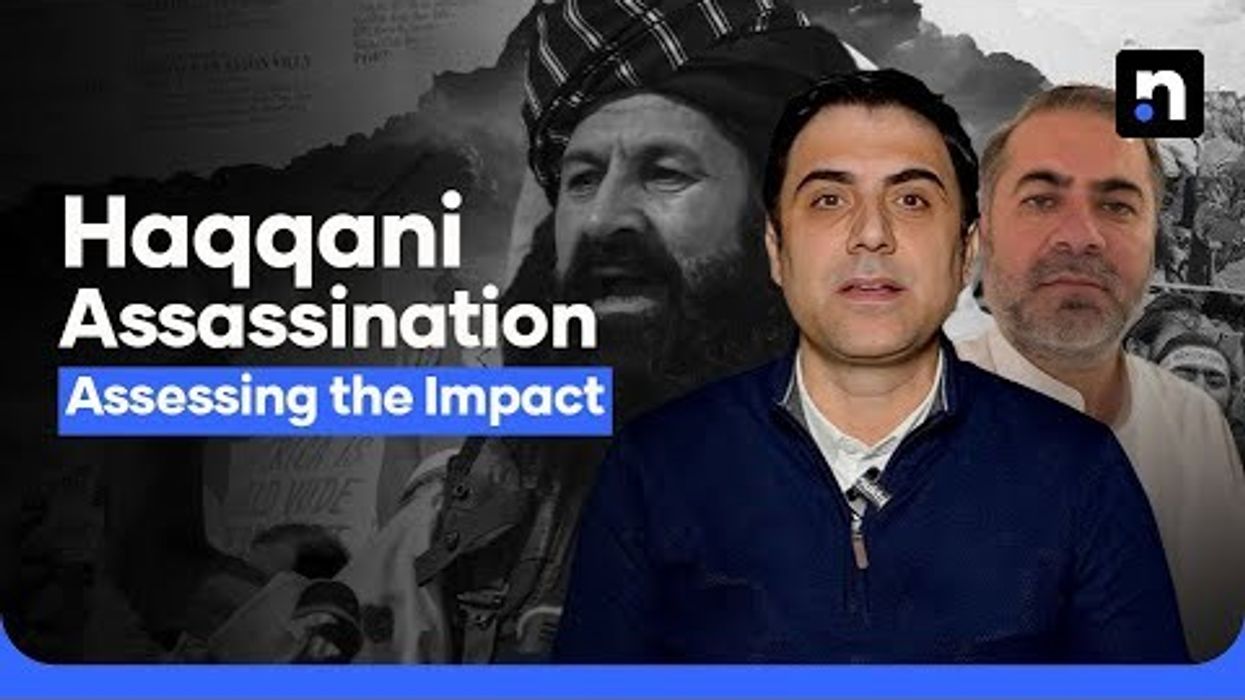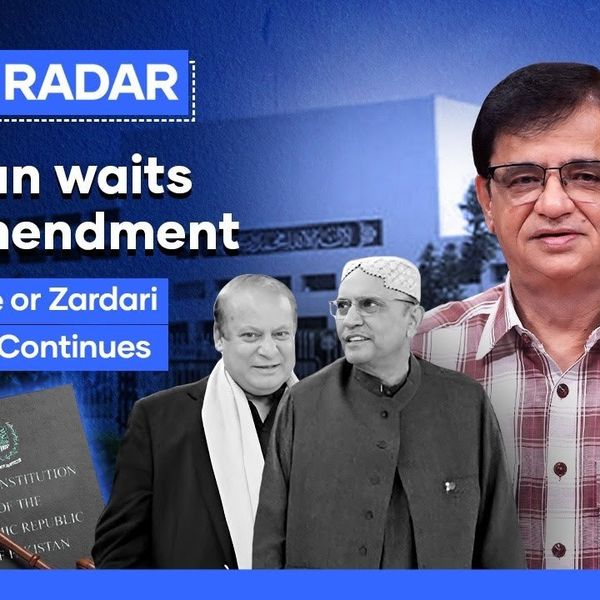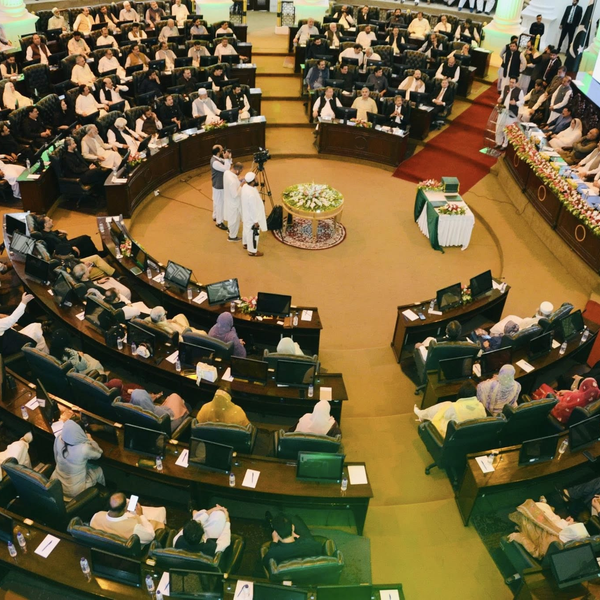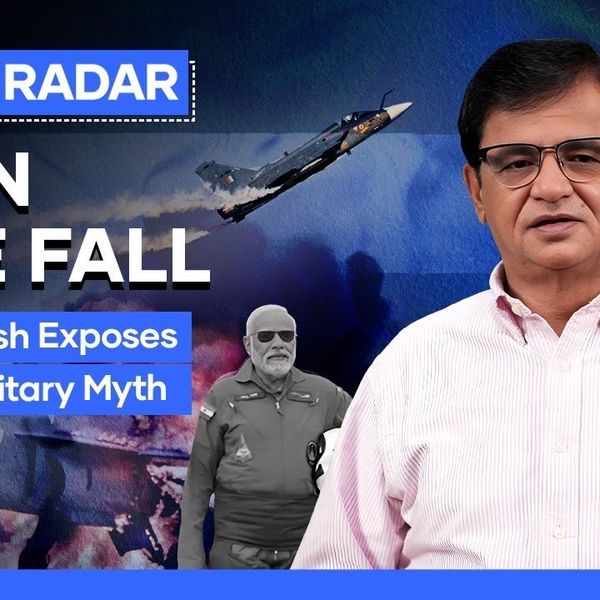Afghan Taliban face major security challenges after minister's assassination, experts say
Khalil ur Rehman Haqqani straddled multiple influential roles in both Afghanistan and Pakistan
News Desk
The News Desk provides timely and factual coverage of national and international events, with an emphasis on accuracy and clarity.
First Taliban cabinet minister assassinated since 2021 takeover
Attack occurred inside ministry building, exposing security vulnerabilities
Islamic State Khorasan Province claims responsibility for sophisticated bombing
The killing of Afghan Taliban Refugee Minister Khalil ur Rehman Haqqani marks a significant blow to the interim administration and could strain regional diplomatic efforts, according to security experts familiar with Afghanistan.
The senior member of the Taliban administration was confirmed dead Wednesday in a suicide bombing in Kabul. Experts say this is the most serious attack on the leadership since the group took control of the country in 2021 following the withdrawal of U.S. forces. Haqqani was killed inside his own ministry building.
Ihsanullah Tipu Mehsud, an AfPak expert and co-founder of digital news platform The Khorasan Diary, described Haqqani as a figure who straddled multiple influential roles in both Afghanistan and Pakistan.
"He was not just a minister, but a tribal elder throughout Afghanistan and Pakistan who conducted many meetings, jirgas," Mehsud said.
"His status extended beyond his governmental role, as he was a prominent figure in the Afghan Jihad during both the Soviet and American conflicts in Afghanistan," he added.
The assassination, which occurred inside the ministry building in Kabul, represents what Mehsud calls "a security failure" that exposes the Taliban's ongoing vulnerability to attacks from the Islamic State Khorasan Province (ISKP), a regional offshoot of IS.
"ISKP has been targeting high-ranking Taliban figures increasingly over the past year," Mehsud said.
The group's ability to locate and strike such a prominent target demonstrates their continued operational capacity despite Taliban countermeasures, he added.
Diplomacy on hold?
Journalist Mushtaq Yusufzai provided additional historical context, noting that Haqqani's influence stretched back to the early days of Afghan resistance movements.
His role as a tribal elder was particularly significant in the post-9/11 period, when many members of the Haqqani family relocated to Pakistan, expanding their network of influence across the border region.
The timing of the attack has significant diplomatic implications, according to both experts.
The incident occurred as Pakistan was reportedly considering new negotiations with the Taliban government. The security breach, the experts said, will likely complicate these diplomatic efforts and increase regional tensions.
Security analysts are particularly concerned about ISKP's evolving tactics.
While Taliban intelligence services have made some progress against the group, their shift toward online operations has made them more resilient to traditional counterterrorism measures.
The experts agree that the assassination highlights the persistent threat posed by ISKP's increasingly sophisticated operations.
Who was the slain Taliban minister?
Haqqani became a minister in the Taliban's interim government after foreign forces withdrew from Afghanistan in 2021. He was a senior leader of the Haqqani network, a group blamed for major attacks during the 20-year war, according to the US State Department.
Khalil was the brother of Jalaluddin Haqqani, who founded the Haqqani network. The deceased minister was also the uncle of Sirajuddin Haqqani, the current interior minister of Afghanistan.
Violence has waned in Afghanistan since the Taliban forces took over the country in 2021, ending their war against the United States and Nato-led foreign forces.
The Taliban took over Afghanistan in 2021 as foreign forces withdrew, vowing to restore security, but attacks have continued in urban areas.
The US Treasury classified Khalil Haqqani as a "Specially Designated Global Terrorist" in 2011 and the State Department offered a $5 million reward for information leading to his arrest.











Comments
See what people are discussing